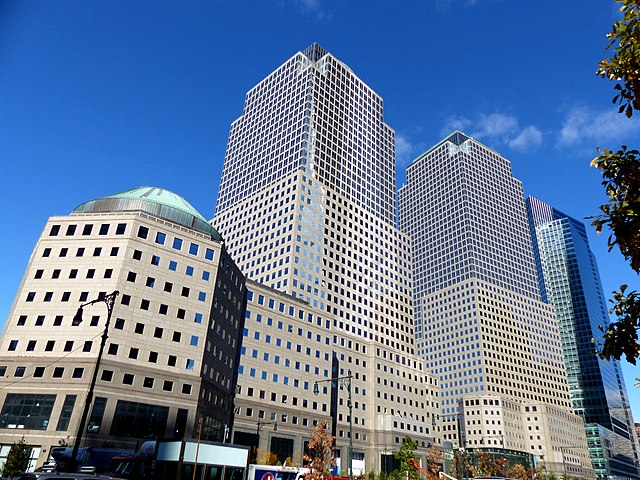The charges address Goldman Sachs’ role in underwriting approximately $6.5 billion in three bond deals for the 1Malaysia Development Berhad (1MDB fund), for which the bank earned hundreds of millions of dollars in fees.
The guilty plea was part of a coordinated resolution between the New York-based global financial institution and criminal and civil authorities in the United States, the United Kingdom, Singapore, and elsewhere in which the bank agreed to pay a settlement of more than $2.9 billion, the U.S. Justice Department (DOJ) stated.
“Under the terms of the agreements, Goldman will pay a criminal penalty and disgorgement of over $2.9 billion,” read the statement. It added that the company has also reached separate parallel resolutions with foreign authorities in the U.K., Singapore, Malaysia, and elsewhere, along with domestic authorities in the U.S., and that the DOJ will credit over $1.6 billion in payments with respect to those resolutions.
“Goldman Sachs accepted responsibility for its role in a conspiracy to bribe high-ranking foreign officials to obtain lucrative underwriting and other business relating to 1MDB,” said Acting Assistant Attorney General, Brian C. Rabbitt of the Justice Department’s Criminal Division.
The department said it has recovered, or “assisted in the recovery of, in excess of $1 billion in assets for Malaysia associated with, and traceable to, the 1MDB money laundering and bribery scheme.”
The company, according to DOJ, admitted to “engaging in the bribery scheme through certain of its employees and agents and a former executive who was a participating managing director and held leadership positions in Asia (Employee 1), in exchange for lucrative business and other advantages and opportunities.”
“As Goldman admitted in furtherance of the scheme, Tim Leissner, Ng Chong Hwa, Employee 1, and others conspired to pay bribes to numerous foreign officials, including high-ranking officials in the Malaysian government, 1MDB, Abu Dhabi’s state-owned and state-controlled sovereign wealth fund, International Petroleum Investment Company (IPIC), and Abu Dhabi’s state-owned and state-controlled joint stock company, Aabar Investments PJS (Aabar),” read the statement.
Tim Leissner, the former Southeast Asia Chairman and participating managing director of Goldman Sachs, earlier pleaded guilty to conspiring to launder money and to violate the Foreign Corrupt Practices Act (FCPA).
The DOJ said that Ng Chong Hwa, also known as “Roger Ng,” a former managing director of Goldman and head of investment banking for the company’s Malaysian subsidiary, “has been charged with conspiring to launder money and to violate the FCPA.” Ng was extradited from Malaysia to face charges and is scheduled to stand trial in New York in March 2021, according to DOJ.
It said that Leissner, Ng, Employee 1, and others conspired with Low Taek Jho, aka Jho Low, to “promise and pay over $1.6 billion in bribes to Malaysian, 1MDB, IPIC, and Aabar officials,” aimed at effectuating the scheme.
The statement further said that the co-conspirators allegedly paid bribes using more than $2.7 billion in funds that Low, Leissner, and other members of the conspiracy “diverted and misappropriated from the bond offerings underwritten by Goldman,” but also “retained a portion of the misappropriated funds for themselves and other co-conspirators.”
Goldman Sachs also admitted that its internal control employees knew that “any transaction involving Low posed a significant risk, and although they were on notice that Low was involved in the transactions, they did not take reasonable steps to ensure that Low was not involved.”
Although Goldman knew about the risks involved, the company continued to do business with 1MDB and as a result of the scheme, it received “approximately $606 million in fees and revenue, and increased its stature and presence in Southeast Asia.”

